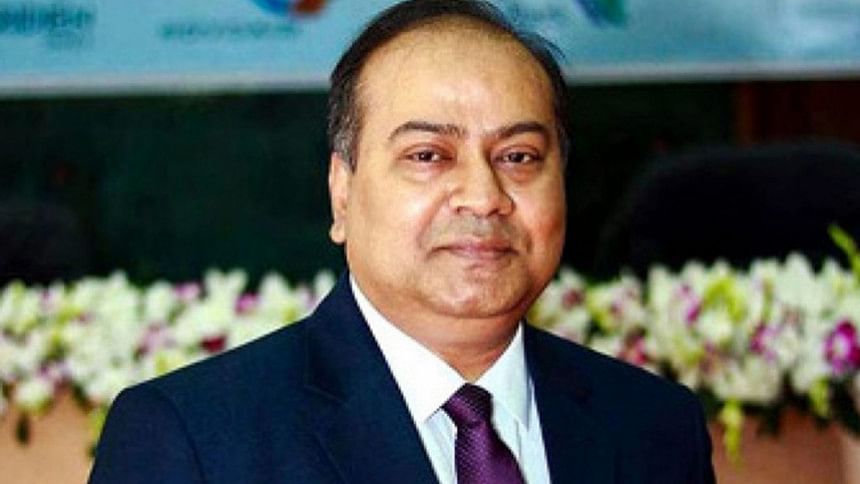Ex-BSEC chief attempted to eavesdrop on investors

The immediate past chairman of the stock market regulator had attempted to get government approval earlier this year to bring voice calls and internet data of stock market investors under surveillance.
Prof Shibli Rubayat-Ul Islam, the former chairman of the Bangladesh Securities and Exchange Commission (BSEC), had sent a letter to Financial Institutions Division under the finance ministry seeking to sign a memorandum of understanding (MoU) with National Telecommunication Monitoring Center (NTMC).
The NTMC is the state's communication interception and intelligence agency running under Public Security Division of the Ministry of Home Affairs.
Prof Shibli had resigned from the top post on August 10, five days past the fall of the Awami League government following a student-led uprising.
In the letter, he had reasoned that the surveillance was to catch stock market manipulators and traders with insider information.
Prof Shibli was adamant on running the surveillance, a top BSEC official confirmed to The Daily Star yesterday seeking anonymity.
"So, he had taken the decision regarding signing an MoU with the NTMC at a commission meeting," said the official.
The MoU was supposed to state that the NTMC would start collecting various data of investors, excluding that related to securities, within seven working days of it being signed, said the official.
There will be no MoU without the Financial Institutions Division's approval, said the official, adding that the BSEC was now seriously looking into the matter to soon decide whether to continue to seek the approval.
"We are urgently looking into this matter," Khondoker Rashed Maqsood, the newly appointed BSEC chairman, told this newspaper.
Investors were surprised to hear about the surveillance attempt, with many criticising it as a breach of privacy.
Instead of surveillance, Bangladesh should take a cue from developed countries and first encourage stock market forecasting services of professional analysts, said Al Amin, a stock market analyst.
In the absence of such services, investors usually discuss among themselves to decide on their market activities, he said.
"If the BSEC goes for bringing investors under surveillance, there will be panic," added Amin, also an associate professor of the Department of Accounting & Information Systems at the University of Dhaka.
Secondly, the BSEC should use its software for detecting circular trading to identify market manipulators and then take decisive steps, said Amin.
The stock exchanges earlier informed of specific cases of manipulation but the stock market regulator hardly took any action, he said.
There is no guarantee that the market manipulators always plan their malpractices over voice calls or the internet, he added.
If the surveillance attempt follows through, it will be a breach of privacy because the regulator will be able to avail every conversation of stock investors, said Saiful Islam, president of DSE Brokers Association (DBA).
"This is a subversive decision," he said, adding that if the regulator wants to monitor phone calls, it must take approval from the courts.
If investors know that their conversations are being monitored, they will be frightened, he said.
Alternatively, the BSEC can use artificial intelligence to detect market manipulation attempts at an early stage by observing trading patterns, he added.
The Daily Star tried to reach Prof Shibli for comment but his phone was found switched off.

 For all latest news, follow The Daily Star's Google News channel.
For all latest news, follow The Daily Star's Google News channel. 



Comments